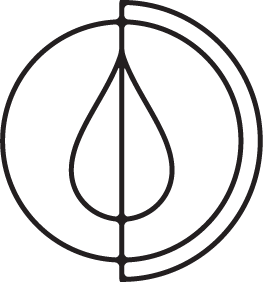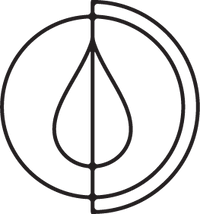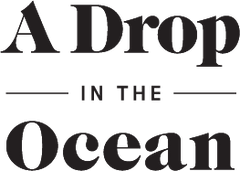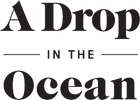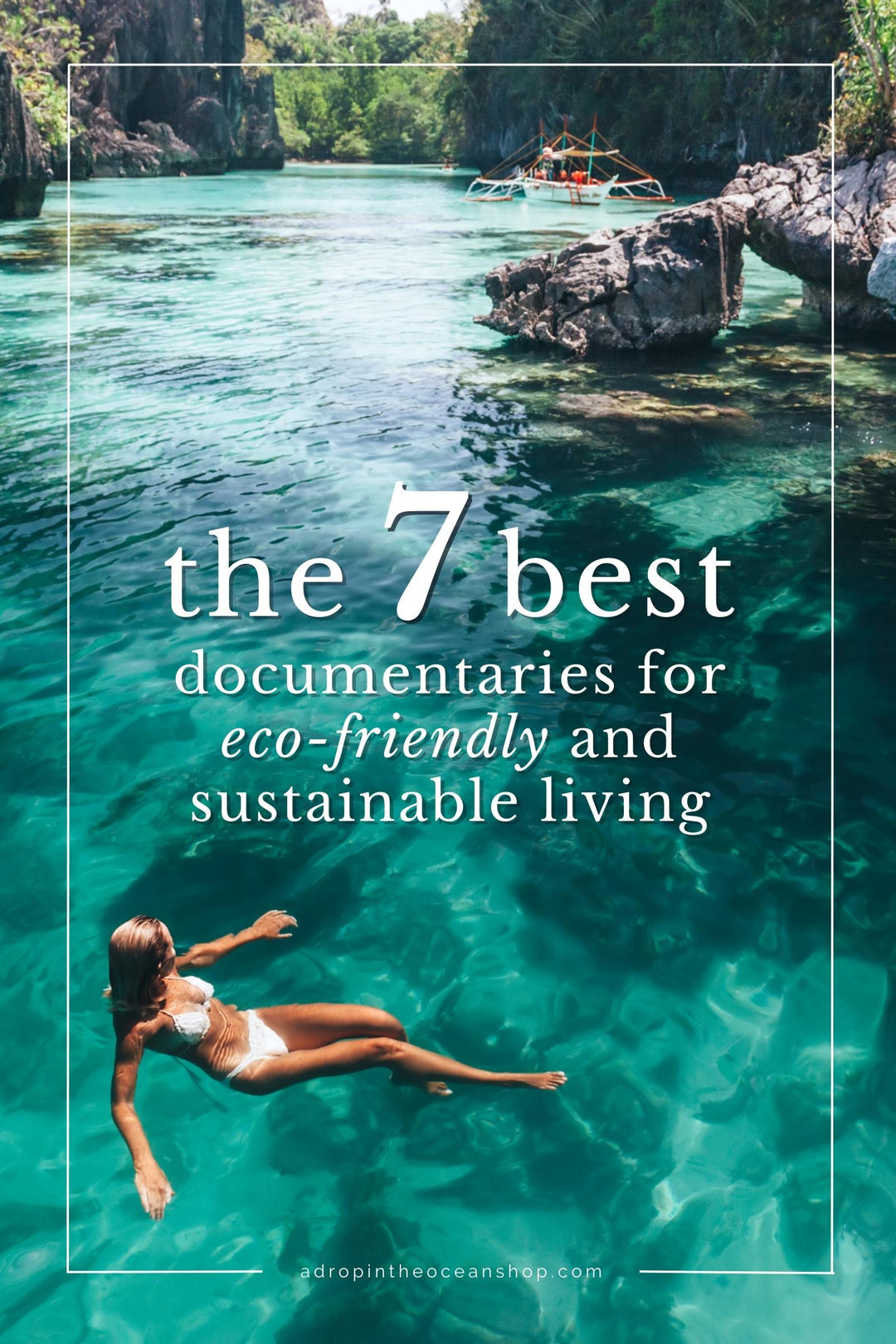Blog
It’s officially that time of year when the leaves are changing color and starting to fall onto our lawns. As they start to accumulate over the grass, you may be tempted to rake them all up into piles, toss them in some bags, and leave them on the curb for trash pickup. But is that really the best way to manage the increased [natural] debris? Let's talk about it!
Let's talk about one of my favorite topics - the history of plastics and how we became such a plastic society. How did a material that is literally designed to last forever end up surrounding us in the form of straws, bags, bottles, utensils, and packaging that’s intended to be used for just minutes? The answer, my friend, is...
I first heard of the Lights Out for Migratory Birds program in 2017, and the more I learned about the program, the more interested I became. I discovered just how important programs such as these are for our wildlife - and for ourselves. So today I wanna share with you a bit about Lights Out, why it matters, and what we can all do to protect migratory birds from the comfort of our own homes.
Today, I want to tell you all about my favorite animal, the okapi. Because even though we're focused on waste and plastics around here most days, sometimes we could all use some cute animals and wildlife conservation in our lives. So what are okapi? And how can we protect them from home?
